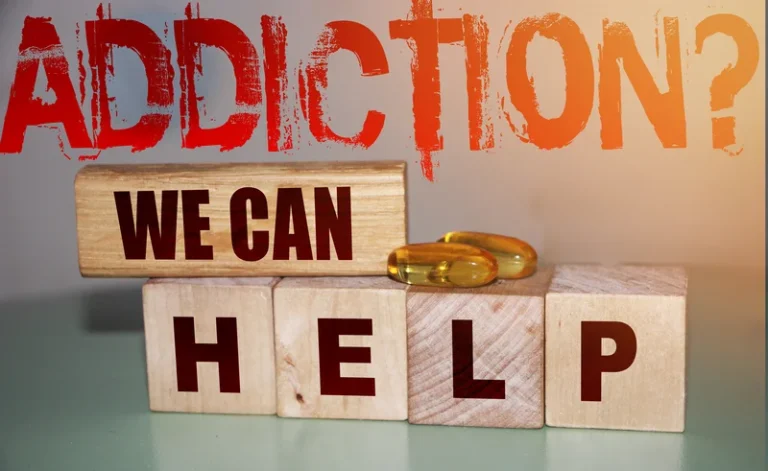Of course, relationships have their own chemistry, a language of dopamine, oxytocin, vasopressin, etc. Instead, they come from other people, from those lovely conversations we share over a glass or three of wine. We are committed to healing everyone who enters our doors from the inside out. No https://ecosoberhouse.com/article/how-alcohol-can-affect-relationships/ matter what stage our guests enter treatment, we strive to meet them right where they are. Discover ways to reduce alcohol use and regain balance in life with our comprehensive guide. Grasp the difference between detox vs rehab, understand their role in recovery, and make informed decisions.
Alcohol Use Disorder Outlook and Treatment

Over 40,000 people in the US die from alcohol-related cirrhosis every year. In addition to interventions and support, it’s important to create a holistic approach to address the underlying factors contributing to alcoholism. This may involve lifestyle changes, stress management techniques, and developing healthy coping mechanisms. Building a strong support network and seeking professional help are crucial steps towards addressing alcoholism and improving long-term outcomes. In all three countries, mortality rate ratios in people with AUD were higher in young age groups.
Treatment for End-Stage Alcoholism

Explore if addiction is genetic and how this knowledge can guide treatment and prevention strategies. “Why do recovering alcoholics crave sugar?” Discover the science behind this common question in our guide. Discover what sets physical and psychological dependence apart and their impact on addiction recovery. Uncover reasons people become codependent, its effects, and ways to break free for a healthier life. Unravel addiction relapse rates in the United States and discover strategies for prevention.
- In the short term, alcohol will reach your blood within about 5 to 10 minutes of taking a drink.
- It’s common at this point for alcoholics to have lost their jobs as well their friends and family.
What is a Functioning Alcoholic? Signs of High-Functioning Alcoholism
Life expectancy was 24–28 years shorter in people with alcohol use disorder than in the general population. People with alcohol use disorder had higher mortality from all causes of death (mortality rate ratio, 3.0–5.2), all diseases and medical conditions (2.3–4.8), and suicide (9.3–35.9). In conclusion, addressing alcoholism is crucial for improving the long-term health outcomes and life expectancy of affected individuals.
Treatment Options for Alcoholism
In 2019, it affected 14.5 millionAmericans aged 12 and older, or 5.3% of the population. Another Danish study found drinking three to four times a week was linked to a lower risk of type 2 diabetes. Drinking alcohol was linked with a reduced risk of non-fatal heart disease, but scientists said this benefit was wiped out by a higher risk of other forms of the illness.
The Connection Between Exercise and Addiction Recovery
Understanding the impact of alcoholism on life expectancy highlights the urgency of seeking help and making positive changes. Early intervention, access to appropriate treatment options, and strong support systems are crucial in helping individuals overcome alcoholism and improve their overall health and well-being. Social factors, such as social isolation, strained relationships, and limited access to healthcare, can also impact life expectancy among alcoholics. These factors how long do alcoholics live may hinder individuals from seeking timely medical intervention or receiving the necessary support for recovery. By the time a person reaches end-stage alcoholism, drinking has taken over their lives and has likely had a negative impact on relationships, work or school, finances, and overall health. If a person tries to quit drinking on their own during end-stage alcoholism, they may experience severe symptoms of withdrawal, including tremors and hallucinations.

